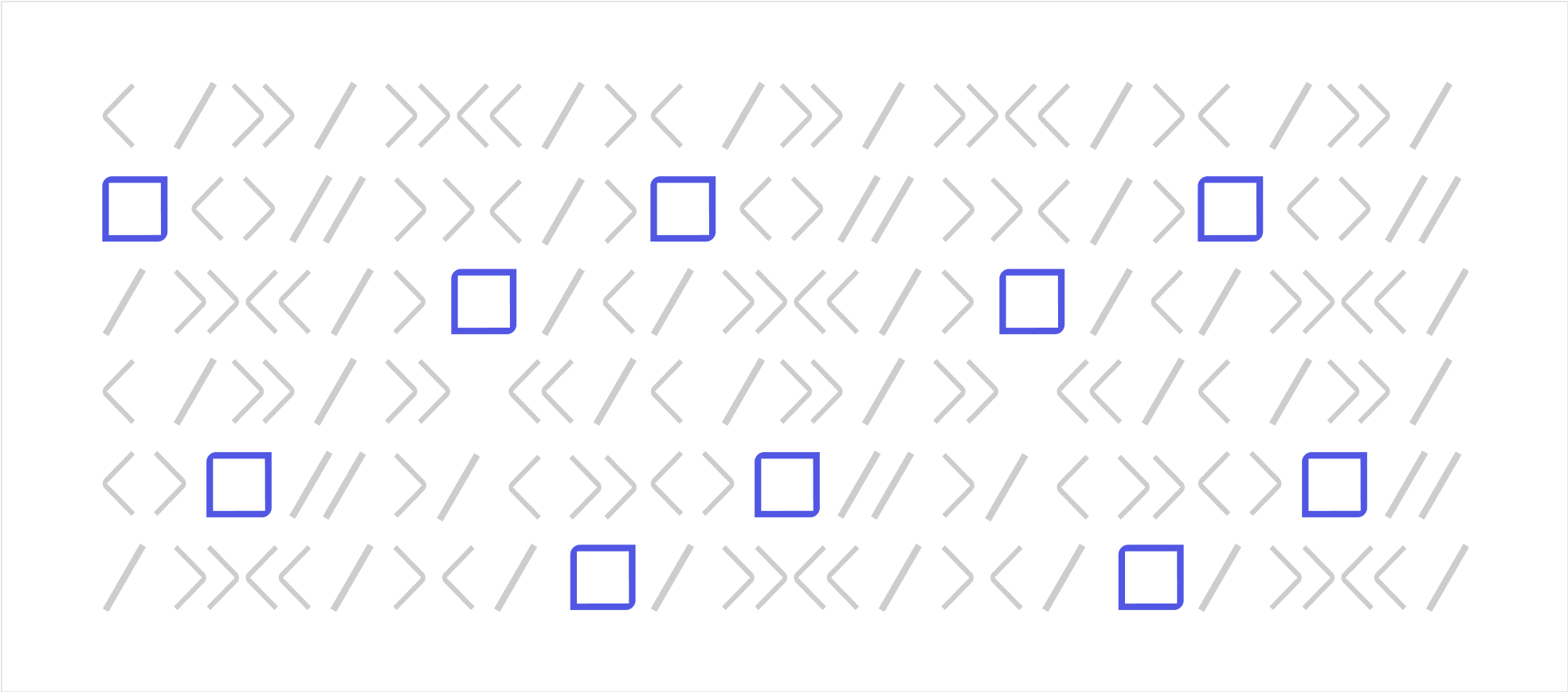Challenge Your Cybersecurity Mindset
Elevate Your Security
Digital Identity
At Cyber Cert Labs, we specialise in Digital Identity Consultancy, offering strategic guidance to navigate the complex landscape of digital identity in today’s interconnected world. Our consultancy services ensure that your organisation’s digital identities are not only secure but also seamlessly integrated, fostering trust and efficiency. From designing robust identity frameworks to implementing cutting-edge authentication solutions, we are your trusted partners in architecting a resilient digital identity ecosystem. Elevate your security and user experience with our expert consultancy tailored to meet the unique needs of your digital landscape.
Read More
-
Architecting a Secure Digital Identity Framework
Strategic Digital Identity Consultancy Services designed to architect a robust and future-proof digital identity framework for your organization. Our expertise goes beyond mere security; we meticulously design and implement intricate identity architectures that seamlessly integrate with your existing systems. Whether it’s defining identity policies, implementing cutting-edge authentication methods, or optimizing the architecture for scalability, our consultancy ensures a strategic, secure, and efficient digital identity ecosystem.
Partner with us to elevate your organization’s digital identity strategy
A robust digital identiy strategy provides an organisation with the capability to regulate and monitor access and to respond when such access is abused. Cyber Cert Labs can help your organisation develop a solid digital identity capability by helping you architect identities into the fabric of your digital technology.
Cyber Cert Labs
struct group_info init_groups = { .usage = ATOMIC_INIT(2) }; struct group_info *groups_alloc(int gidsetsize){ struct group_info *group_info; int nblocks; int i; nblocks = (gidsetsize + NGROUPS_PER_BLOCK – 1) / NGROUPS_PER_BLOCK; /* Make sure we always allocate at least one indirect block pointer */ nblocks = nblocks ? : 1; group_info = kmalloc(sizeof(*group_info) + nblocks*sizeof(gid_t *), GFP_USER); if (!group_info) return NULL; group_info->ngroups = gidsetsize; group_info->nblocks = nblocks; atomic_set(&group_info->usage, 1); i| struct group_info init_groups = { .usage = ATOMIC_INIT(2) }; struct group_info *groups_alloc(int gidsetsize){ struct group_info *group_info; int nblocks; int i; nblocks = (gidsetsize + NGROUPS_PER_BLOCK – 1) / NGROUPS_PER_BLOCK; /* Make sure we always allocate at least one indirect block pointer */ nblocks = nblocks ? : 1; group_info = kmalloc(sizeof(*group_info) + nblocks*sizeof(gid_t *), GFP_USER); if (!group_info) return NULL; group_info->ngroups = gidsetsize; group_info->nblocks = nblocks; atomic_set(&group_info->usage, 1); i|
struct group_info init_groups = { .usage = ATOMIC_INIT(2) }; struct group_info *groups_alloc(int gidsetsize){ struct group_info *group_info; int nblocks; int i; nblocks = (gidsetsize + NGROUPS_PER_BLOCK – 1) / NGROUPS_PER_BLOCK; /* Make sure we always allocate at least one indirect block pointer */ nblocks = nblocks ? : 1; group_info = kmalloc(sizeof(*group_info) + nblocks*sizeof(gid_t *), GFP_USER); if (!group_info) return NULL; group_info->ngroups = gidsetsize; group_info->nblocks = nblocks; atomic_set(&group_info->usage, 1); i| struct group_info init_groups = { .usage = ATOMIC_INIT(2) }; struct group_info *groups_alloc(int gidsetsize){ struct group_info *group_info; int nblocks; int i; nblocks = (gidsetsize + NGROUPS_PER_BLOCK – 1) / NGROUPS_PER_BLOCK; /* Make sure we always allocate at least one indirect block pointer */ nblocks = nblocks ? : 1; group_info = kmalloc(sizeof(*group_info) + nblocks*sizeof(gid_t *), GFP_USER); if (!group_info) return NULL; group_info->ngroups = gidsetsize; group_info->nblocks = nblocks; atomic_set(&group_info->usage, 1); i|
struct group_info init_groups = { .usage = ATOMIC_INIT(2) }; struct group_info *groups_alloc(int gidsetsize){ struct group_info *group_info; int nblocks; int i; nblocks = (gidsetsize + NGROUPS_PER_BLOCK – 1) / NGROUPS_PER_BLOCK; /* Make sure we always allocate at least one indirect block pointer */ nblocks = nblocks ? : 1; group_info = kmalloc(sizeof(*group_info) + nblocks*sizeof(gid_t *), GFP_USER); if (!group_info) return NULL; group_info->ngroups = gidsetsize; group_info->nblocks = nblocks; atomic_set(&group_info->usage, 1); i| struct group_info init_groups = { .usage = ATOMIC_INIT(2) }; struct group_info *groups_alloc(int gidsetsize){ struct group_info *group_info; int nblocks; int i; nblocks = (gidsetsize + NGROUPS_PER_BLOCK – 1) / NGROUPS_PER_BLOCK; /* Make sure we always allocate at least one indirect block pointer */ nblocks = nblocks ? : 1; group_info = kmalloc(sizeof(*group_info) + nblocks*sizeof(gid_t *), GFP_USER); if (!group_info) return NULL; group_info->ngroups = gidsetsize; group_info->nblocks = nblocks; atomic_set(&group_info->usage, 1); i|
struct group_info init_groups = { .usage = ATOMIC_INIT(2) }; struct group_info *groups_alloc(int gidsetsize){ struct group_info *group_info; int nblocks; int i; nblocks = (gidsetsize + NGROUPS_PER_BLOCK – 1) / NGROUPS_PER_BLOCK; /* Make sure we always allocate at least one indirect block pointer */ nblocks = nblocks ? : 1; group_info = kmalloc(sizeof(*group_info) + nblocks*sizeof(gid_t *), GFP_USER); if (!group_info) return NULL; group_info->ngroups = gidsetsize; group_info->nblocks = nblocks; atomic_set(&group_info->usage, 1); i| struct group_info init_groups = { .usage = ATOMIC_INIT(2) }; struct group_info *groups_alloc(int gidsetsize){ struct group_info *group_info; int nblocks; int i; nblocks = (gidsetsize + NGROUPS_PER_BLOCK – 1) / NGROUPS_PER_BLOCK; /* Make sure we always allocate at least one indirect block pointer */ nblocks = nblocks ? : 1; group_info = kmalloc(sizeof(*group_info) + nblocks*sizeof(gid_t *), GFP_USER); if (!group_info) return NULL; group_info->ngroups = gidsetsize; group_info->nblocks = nblocks; atomic_set(&group_info->usage, 1); i|

What We Deliver
The Outcomes
We not only address current IAM challenges but anticipate future threats, providing you with a secure foundation for growth.
/
IAM
Mitigated risks associated with unauthorised access and data breaches by implementing robust authentication and access control measures.
//
IAM in the Cloud
Reduced risks associated with cloud-specific threats by implementing adaptive access controls and ensuring secure cloud configurations.
///
Machine Identity
Mitigated risks of machine-related cyber threats and attacks through proper management of machine identities.
////
PAM
Reduced the risk of security incidents by controlling and monitoring privileged access, ensuring resilience against potential cyber threats.
Safeguarding What Matters Most to You
Other Services
At Cyber Cert Labs, we’re here to make cybersecurity straightforward and effective for your business. With specialised skills and a deep understanding of your unique business goals and challenges, we tailor solutions to strengthen your digital defences. Focused on key areas of cybersecurity, we act as your trusted partner, committed to safeguarding what matters most to you.

